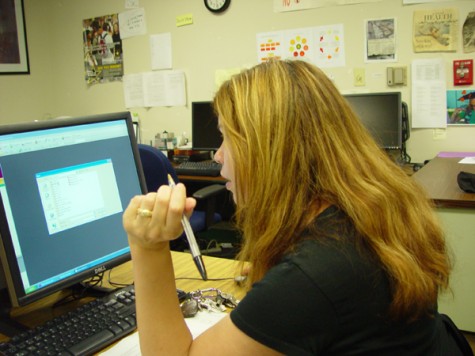Between life and death, between “A Rock and a Hard Place,” and between the intersection of Doheny and Beverly, hiker Aron Ralston’s famous tale came full circle at the Four Seasons Hotel in Beverly Hills where the makers of the film “127 Hours” met to discuss how the film was conceived.
In 2003, Ralston was traversing the mountains of Utah, when he became trapped by a rogue boulder that fell and crushed his arm against a canyon wall, rendering him virtually paralyzed.
For five straight days, Ralston tried to subsist and attempted to get untangled, but soon ran out of food and water. He tried to record video messages while facing certain death.
His only chance for survival was also the most brutal option. He cut off his right arm with a small dull knife.
After turning his story into a New York Times bestseller, “Between A Rock And A Hard Place,” Ralston’s life has become the stuff of legends – and director Danny Boyle’s (“Slumdog Millionaire,” 2008) passion project.
More than half a decade after Ralston’s ordeal and eight Oscars later, the screenwriter and producer behind “Slumdog Millionaire” teamed up with Oscar-winner Boyle to bring his story to the big screen with “127 Hours,” starring James Franco as Ralston.
The film opened a few weeks ago to sold-out theaters with lines of curious viewers, quickly generating glowing admiration and awards season heat. At film industry screenings, some reports have come in that audience members have actually fainted during the difficult but pivotal amputation scene.
With a keen knack for bringing unlikely heroes to the screen, “127 Hours” screenwriter Simon Beaufoy and producer Christian Colson (also Boyle collaborators on “Slumdog Millionaire) discussed their challenges as filmmakers. Both have had long careers in the business; Colson has worked at Miramax and on a film with Julian Fellowes (“Gosford Park”) and Beaufoy started his writing career with “The Full Monty” (1997).
But it was “Slumdog” that skyrocketed both of them to the industry “A” list and allowed them to pursue the making of “127 Hours.” The press junket for the film is a far cry from the conditions the men faced before the box office and awards triumph of “Slumdog Millionaire.”
“What I always, always remember is that we (Danny, Christian, myself) have all made films that nobody wants to talk about,” Beaufoy said. “They’ve closed in a weekend, there are no Q&A’s, there is no press – and that is the most heartbreaking experience.
“It’s heartbreaking when they don’t [talk], and when they do, you do lots of press and you get tired, and so what? It’s brilliant, cause people are watching your film and that’s what you made films for.”
The influx of projects and scripts offered to the trio were nothing short of staggering after “Slumdog Millionaire,” yet they chose to go ahead and pursue Ralston’s story instead of helming big budget studio epics or yet another comic book adaptation as the movie making norm seems to be nowadays.
What distinguished Ralston’s journey enough to adapt it into a story that was more than a movie about the guy who cut off his own arm?
Colson, the producer, said, ”When we first saw the real video messages that he left, we realized what we were watching was very moving. What (Ralston) knew he was doing, how he was going to die…we saw him facing that with great dignity, great sadness. I admired him immensely; I thought ‘God, when my time comes, will I have faced it with such dignity?’
“What we saw in those messages, when he turned on his camera, he was sort of smiling, because it gave him a way to communicate and remember the people he left behind. And that was really our way into the story; he doesn’t want to go; that was his overriding impression. I don’t want to go yet, there’s stuff I need to do, there’s people I need to see, I can feel it – so it came to the end of the movie. It’s not just about the guy. It’s about the guy and it’s about the emotion driving the story, underlying all of that. It was his need to get back, that universal pull we all have on each other. It’s about other people.”
Though Beaufoy and Colson sat on the maroon plush couches at the Four Seasons for the interviews, one could imagine them yet again walking the steps to the stage of the Kodak Theater, facing their famous and glittery peers. This would be right before looking out to the camera, out to the world watching, and out to the audience members before the ultimate Hollywood award is placed into their hands.
But that is not what ultimately keeps them going.
“Sometimes I wake up in the morning and think, I should do something useful,” Beaufoy said. “What is the use of being a screenwriter? I should be a doctor or a medic, or something that actually affects people and is useful, and then I have to remind myself…that art, actually art, the great function of art and why it is so important is because it can change lives, it can move people, it can affect people.
“That is just as important as putting a physical bandage on people. It may be putting an emotional bandage on them or shining a light on a bit of oneself that one may have not seen.”

